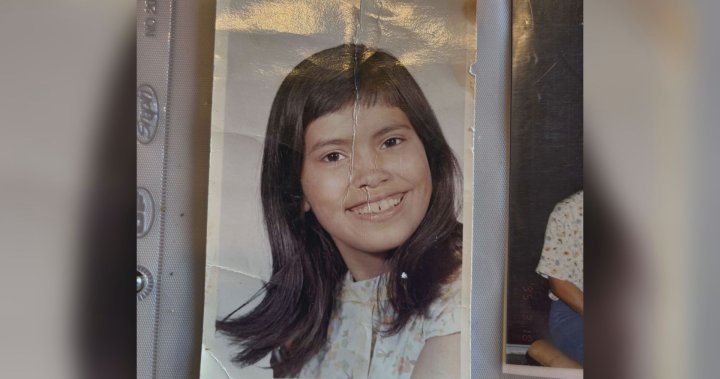After 60 years, Syilx Okanagan woman Laurie Wilson is finally taking her story of alleged abuse at St James Parish School in Vernon, B.C. to B.C.’s highest court. Wilson attended the Catholic school from 1963 to 1970, where both Indigenous and non-Indigenous students were accepted. She recalls how the school dehumanized Indigenous children and stripped them of their culture. Wilson remembers feeling loved and beautiful before attending the school, but quickly realized that she was viewed differently than her non-Indigenous peers. She recalls being told that Indigenous children were heathens without souls and were racially taunted by other students.
The lawsuit filed by Wilson at the BC Supreme Court names the federal government and the Kamloops Diocese as defendants and details the abuse she allegedly suffered at St James Parish School. The court documents mention instances where Wilson was told her skin was dirty because she didn’t wash and was subjected to routine racial taunting by other students. Additionally, Wilson alleges sexual abuse, citing at least two occasions where a monsignor touched her inappropriately. Sandra Kovacs, Wilson’s lawyer, believes that these claims can be vigorously defended but notes a shift in some dioceses towards reconciliation and resolution prior to trial. It is essential to listen to these stories in order to prevent similar abuses from occurring in the future.
The Diocese of Kamloops has responded to the lawsuit by stating that they are committed to responding fairly and compassionately to all claims of historic abuse. Similarly, the Government of Canada has acknowledged the statement of claim and stated that they will review it once they receive it. These claims have yet to be proven in court, and it remains to be seen how the defendants will respond and defend themselves against the allegations brought forward by Wilson. Wilson’s lawyer emphasizes the importance of hearing these stories in order to prevent future instances of abuse and ensure accountability.
The allegations made by Laurie Wilson shed light on the systemic issues that Indigenous children faced in residential schools and other similar institutions. The dehumanization, cultural erasure, and abuse suffered by Indigenous children have lasting impacts on their lives and communities. Wilson’s decision to come forward after 60 years demonstrates the courage it takes to confront past traumas and seek justice for the wrongs that were committed against her. By sharing her story and pursuing legal action, Wilson is not only seeking accountability for her own experiences but also working towards preventing similar abuses from happening in the future.
The lawsuit filed by Laurie Wilson against the federal government and the Kamloops Diocese serves as a reminder of the long-standing legacy of abuse and mistreatment faced by Indigenous peoples in Canada. The acknowledgment and accountability for these past wrongs are essential steps towards reconciliation and healing. Wilson’s decision to take her story to B.C.’s highest court is a significant moment in her journey towards seeking justice and closure. It also highlights the ongoing need for systemic changes to prevent similar abuses from occurring and to ensure the safety and well-being of Indigenous children and communities.
The response from the Diocese of Kamloops and the Government of Canada to Laurie Wilson’s lawsuit reflects a recognition of the need to address claims of historic abuse with fairness and compassion. While the claims have yet to be proven in court, the acknowledgment of these allegations and the commitment to review them are positive steps towards accountability and justice. Moving forward, it will be important for all parties involved to engage in meaningful dialogue, listen to survivors like Wilson, and take action to prevent future instances of abuse. Wilson’s courage in coming forward and sharing her story sets an example for others to speak out against injustice and work towards creating a safer and more equitable society for all.


